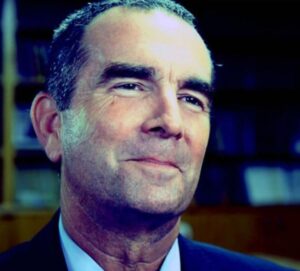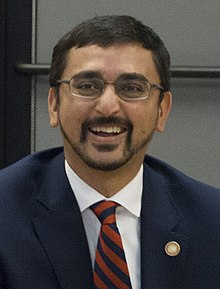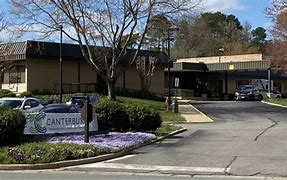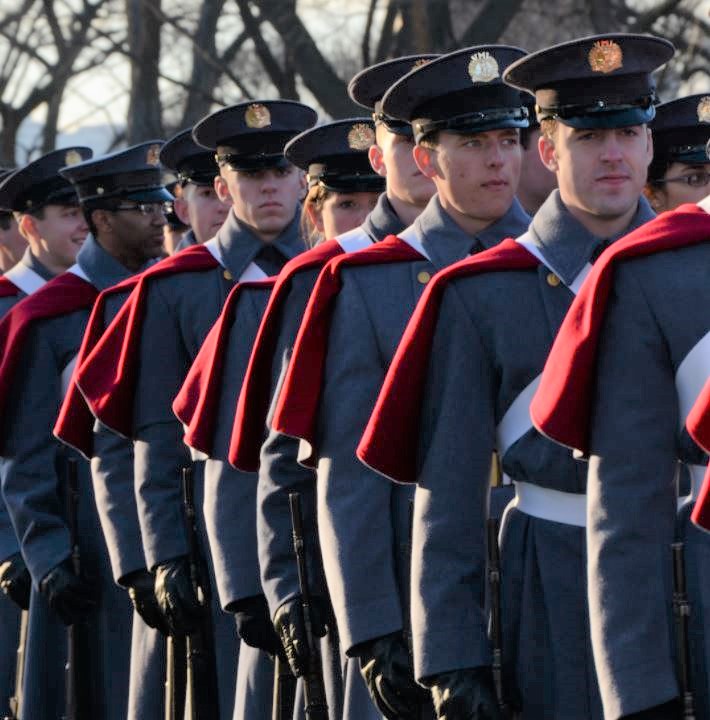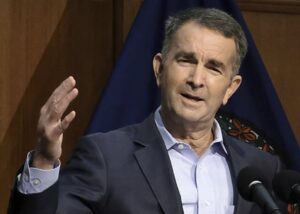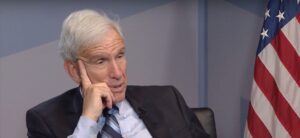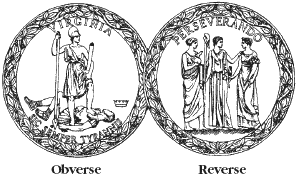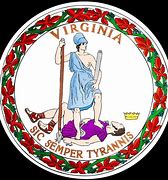 by James C. Sherlock
by James C. Sherlock
In the first two parts of this series, I wrote about the shortage of state inspectors for nursing homes in the Virginia Department of Health Office of Licensure and Certification (OLC) and the continuing danger it poses to Virginia patients.
The problem, unfortunately, is much wider than just nursing homes. So is the scandal.
That same office inspects every type of medical facility including home care agencies as well as managed care plans. Except it cannot meet the statutory requirements because it does not have sufficient personnel or money. And it have been telling the world about it for years.
Terence Richard McAuliffe was the 72nd governor of Virginia from 2014 to 2018. Mark Herring has been Attorney General since 2014.
We will trace below that they can reasonably be called the founding fathers of overdue inspections of medical facilities in Virginia.
VDH has been short of health inspectors since McAuliffe and Herring took office and still is .
Both of them know it. And they know that lack of inspections demonstrably causes unnecessary suffering and death.



 I consider campaign finance reform the foremost issue facing representative government in Virginia.
I consider campaign finance reform the foremost issue facing representative government in Virginia.